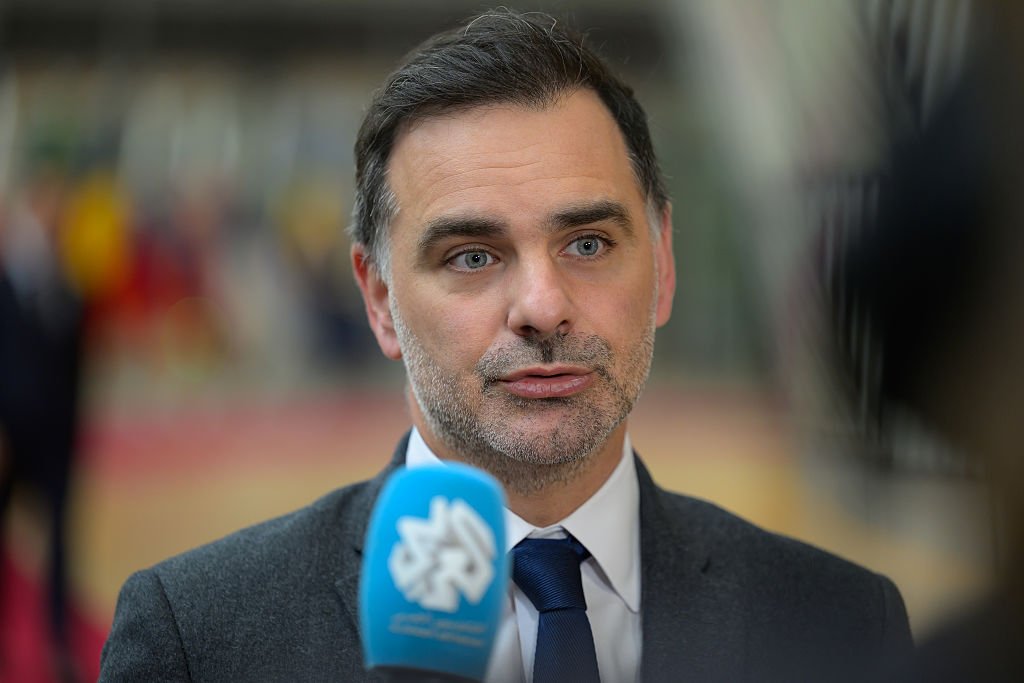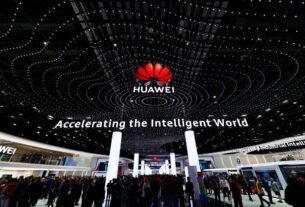French Trade Minister Laurent Saint-Martin signalled openness to Chinese investment on Wednesday, floating a détente with Beijing as the EU grapples with trade tensions with Washington.
Speaking at a Paris business forum, Saint-Martin backed the idea of closer economic ties with Beijing, but stressed that investments should be sector-specific, tied to technology transfers and involve joint ventures.
“There is a road ahead […] we are not there yet, but I believe it is entirely desirable for both parties,” he said, calling for “open markets and cross-investment” while warning that Europe “can’t keep playing by the old rules” as trade becomes an “instrument of power.”
The minister argued that a new European strategy should be “both defensive” – protecting key sectors and unfair trade like subsidies – and “offensive”, through “new markets and diversification abroad.”
Speaking at the same panel, China’s ambassador to France, Deng Li, echoed the message, calling on Beijing and Brussels to “work together to defend free trade and multilateralism.” Both sides, he said, have an interest in “promoting multilateralism and resisting inward-looking tendencies.”
Mixed record
The warmer rhetoric comes amid ongoing trade tensions.
Paris strongly backed the EU’s hefty tariffs on Chinese electric vehicles last year. Beijing hit back with duties of up to 34.9% on European brandy from July – a move that, despite Paris’ intense diplomatic efforts to head off the move, hit French Cognac and Armagnac producers but exempted major brands that agreed to increase prices.
At the same time, France’s tone on China contrasts with its anger at Brussels’ recent tariff arrangement with Washington, which caps levies on European products at 15% alongside other concessions. Prime Minister François Bayrou slammed the deal as “submission,” while EU Affairs Minister Benjamin Haddad urged the bloc to prepare its new Anti-Coercion Instrument – dubbed the “trade bazooka” – which could curb US service providers’ access to the EU market.
Saint-Martin also said Europe is “doing relatively better” than some neighbours under the new US trade framework, but added “something better” could have been achieved with a different negotiating strategy.
Speaking to Euractiv, he warned that the world is now in “permanent negotiation mode”, adding that even after a deal with the US, the EU “must keep up the pressure.”
*Alice Bergoënd contributed reporting
(tm, de)





